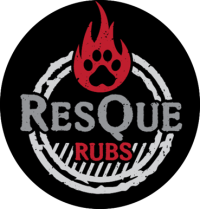Safety Tips for a Safe July 4th
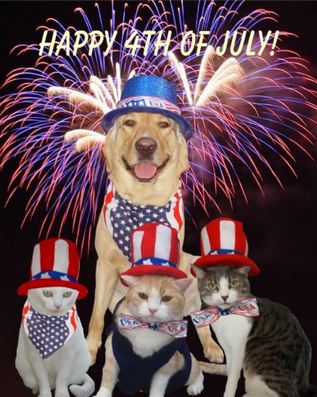
Perhaps you are considering staying at home and planning a get-together with friends and family. Or, you may want to go check out your local professional fireworks display. While putting the finishing touches on your planned celebration, take a moment to consider your pets.
Unlike people, pets don’t associate the noise, flashes, and burning smell of pyrotechnics with celebrations. Pets are terrified of fireworks, and often panic at the loud whizzes and bangs they produce.
Because of this, the American Humane Association reports that July 5 is the busiest day of the year for animal shelters. Why? Animal shelters the day after Fourth of July are inundated with pets that panicked at the noise of firecrackers and fled into the night, winding up lost, injured or killed.
Here are 10 tips on how to keep your pet from panicking Fourth of July weekend.
10. Keep your Pet Indoors at All Times!
It may seem obvious, but even if your pet is used to being outside, the resulting panic caused by fireworks or other loud noises may make them break their restraint or jump a fence in a terrified attempt to find safety.
9. Don’t Put Insect Repellant on Your Pet that isn’t Specifically for Pet Use
The same tip applies to applying “people” sunscreen on your pet. What isn’t toxic to humans can be toxic to animals. The ASPCA lists the poisonous effects of sunscreen on your pet as, “…drooling, vomiting, diarrhea, excessive thirst and lethargy.” DEET, a common insecticide, may cause neurological issues.
8. Alcoholic Drinks Poison Pets
If your pet drinks alcohol, they can become dangerously intoxicated, go into a coma, or in severe cases, die from respiratory failure. Yes, even beer is toxic; fermented hops and ethanol are poisonous to dogs and cats.
7. Going to a Fireworks Display? Leave Your Pet at Home!!!!
The safest place for your pet is at home, not in a crowded, unfamiliar and noisy place. The combination of too many people and loud fireworks will make your beloved pet freak out and desperately seek shelter. Locking them in the car is also not an option; your pet may suffer brain damage and heat stroke.
6. Have Your Pet Properly Identified
If your pet manages to break loose and become lost, without proper identification it will be that much harder to get them back. Consider fitting your pet with microchip identification, ID tags with their name and your phone number, or both. It is also a good idea to have a recent picture of your pets in case you have to put up signs. ID Tags can be purchased at Wal-Mart, PetSmart, and Petco for a minimal fee. If you want to get your pet microchipped and live near one of our shelters (Alpharetta and Doraville) please email [email protected] and we can arrange to get your pet chipped for $25.
5. Keep Your Pet Away from Glow Jewelry
It might look cute, but your pet could chew up and swallow the plastic adornments. The ASPCA states that while not highly toxic, “excessive drooling and gastrointestinal irritation could still result from ingestions, and intestinal blockage could occur from swallowing large pieces of the plastic containers.”
4. NEVER Use Fireworks Around Pets
While lit fireworks can pose a danger to curious pets and potentially result in severe burns and/or trauma to the face and paws, even unused fireworks can be hazardous. Some fireworks contain potentially toxic substances such as arsenic, potassium nitrate, and other heavy metals.
3. Don’t Give Your Pet “Table Food”
If you are having a backyard barbeque, you may be tempted to slip some snacks to your pet. But likebeer and chocolate, there are other festive foods that could harm your pet. Onions, coffee, avocado, grapes & raisins, salt and yeast dough are all possible hazards for dogs and cats.
2. Lighter Fluid and Matches Are Harmful to Pets.
The ASPCA lists chlorates as a harmful chemical substance found in some matches that, if ingested, can cause your pet difficulty in breathing, damage blood cells or even cause kidney disease. If exposed to lighter fluid, your pet may sustain skin irritation on contact, respiratory problems if inhaled, and gastric problems if ingested.
1. Citronella Insect Control Products Harm Pets, Too.
Oils, candles, insect coils and other citronella-based repellants are irritating toxins to pets, according to the ASPCA. The result of inhalation can cause severe respiratory illnesses such as pneumonia, and ingestion can harm your pet’s nervous system.
***
The safest and best bet for celebrating this Fourth of July with your pets is to exclude them from holiday festivities, at least this time around. Instead, find a safe, secure spot in the home for your pets while you go out and enjoy the loud bangs, bright lights and spectator fun. Your pets will appreciate the quiet a lot more than you’ll enjoy the noise.
Article Courtesy of PetMD.com
Author: Yahaira Cespedes
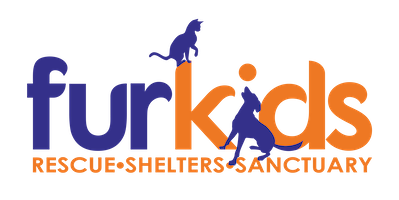
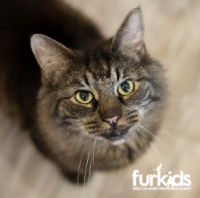
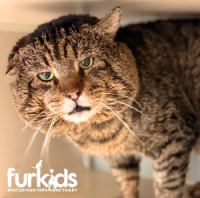




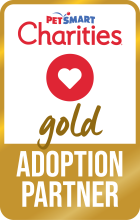
_200_49.png)



_200_175_75.JPEG)
